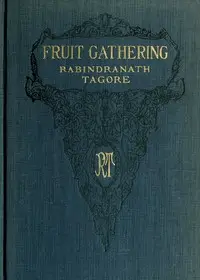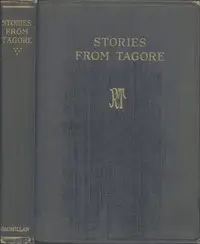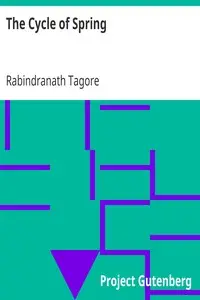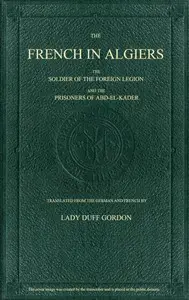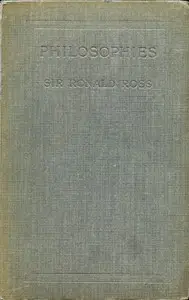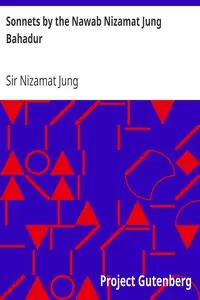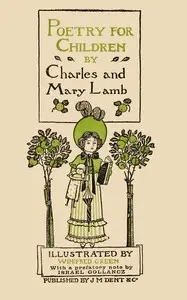"Gitanjali" by Rabindranath Tagore is a collection of poems, originally written in Bengali and translated into English by the author himself during the early 20th century. The work explores themes of spirituality, devotion, and the connection between the divine and human experiences. Tagore's poetry reflects his profound sense of love for God and the world, using vivid imagery and emotional depth to invite readers into a personal contemplation of existence. The poems in "Gitanjali" are lyrical expressions of the poet's relationship with God, often depicted as a tender friend or lover. Tagore expresses the complexities of worship, longing, and surrender, emphasizing the beauty found in simplicity and everyday life. Each poem reverberates with themes of love, nature, and the quest for truth, blending personal reflection with universal spirituality. The collection leads readers through a journey of devotion, intimate dialogues with the divine, and a celebration of life's fleeting moments, ultimately inviting them to find harmony in their own lives amidst the chaos of the world. (This is an automatically generated summary.)
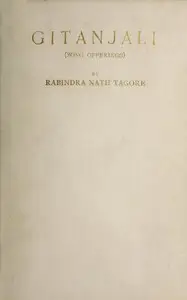
Gitanjali
By Rabindranath Tagore
Translated by the author.
Rabindranath Tagore was a Bengali poet, writer, playwright, composer, philosopher, social reformer, and painter of the Bengal Renaissance. He reshaped Bengali literature and music as well as Indian art with Contextual Modernism in the late 19th and early 20th centuries. Author of the "profoundly sensitive, fresh and beautiful" poetry of Gitanjali, in 1913 Tagore became the first non-European and the first lyricist to win the Nobel Prize in Literature. Tagore's poetic songs were viewed as spiritual and mercurial; where his elegant prose and magical poetry were widely popular in the Indian subcontinent. He was a fellow of the Royal Asiatic Society. Referred to as "the Bard of Bengal", Tagore was known by the sobriquets Gurudeb, Kobiguru, and Biswokobi.


